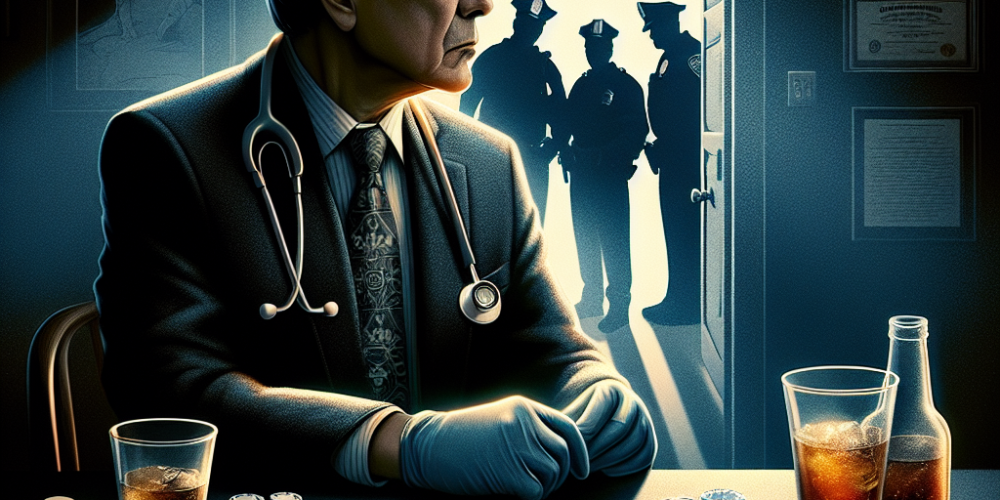In 2024, Gary Watts, the former coroner of Richland County, found himself in legal trouble when he was arrested along with friends during a raid on a poker game they were hosting. This incident was initially reported by WIS News, drawing significant attention to the circumstances surrounding the arrest.
Fast forward to 2025, and Watts has taken legal action against the Irmo Police Department and the South Carolina Law Enforcement Division (SLED), accusing them of wrongful arrest and malicious prosecution. According to Watts, what the police termed as dismantling an illegal gambling establishment, he believes was simply a social gathering for poker that did not break any laws.
The lawsuit filed by Watts outlines that the Irmo PD collaborated with SLED for the raid, alleging that the authorities acted without any legitimate reason or evidence of criminal activity. Watts contends that the group was merely participating in a friendly game of poker, a claim backed by the fact that the police should have known that no illegal activities were taking place.
The raid that set these events in motion is described in the lawsuit as an excessive use of force by the authorities. It is claimed that officers entered without a proper search warrant, deploying a SWAT team in a manner that witnesses likened to a military operation, akin to “charging in like Seal Team 6.”
Neither Watts nor his son were present during the actual raid; instead, they were intercepted by the police while driving home. In his deposition, Watts explained that the office suite where the games took place was rented for his business, and poker games were held there one or two days a week. Participants would contribute a buy-in for the game, but there was no hired staff to manage it, and the money from the games was used solely for refreshments.
Despite these explanations, the charges against Watts escalated, and he was pressured to testify against his son, Adam Watts. Adam was initially convicted, a decision later overturned, underscoring the contentious nature of the prosecution.
Adding another layer of complexity, the lawsuit reveals that an undercover officer participated in the poker games and even lost taxpayer money during these sessions, raising questions about the methods and motives of law enforcement.
South Carolina’s gambling laws are known for their rigidity, but they also distinguish between illegal gambling operations and casual poker games among friends. Watts argues that the activities they engaged in fall under the latter category, noting that terms like “poker” and “office spaces” are not specifically prohibited under the state’s laws.
Seeking justice and reparation, the lawsuit not only aims to clear Watts’s name but also seeks compensation for damages incurred during and after the raid, including economic losses such as lost wages.
The situation highlights a broader debate about the interpretation and enforcement of gambling laws. On one hand, authorities have a duty to uphold the law and prevent illegal gambling activities. On the other hand, individuals like Watts argue that such laws should not be interpreted so broadly as to infringe upon personal freedom and privacy, especially in cases where no harm is being done.
A counterpoint to Watts’s argument might be the perspective of law enforcement, emphasizing that maintaining public order sometimes requires preemptive actions based on suspicion and intelligence, even if it means stepping into grey areas. However, this must be balanced with the rights of citizens to engage in private activities without undue interference.
Ultimately, the case of Gary Watts versus the Irmo Police Department and SLED serves as a significant example of the challenges involved in navigating the fine line between law enforcement and individual liberties. As this lawsuit unfolds, it may prompt broader discussions and potential re-evaluation of how gambling laws are applied and enforced in South Carolina, potentially impacting similar cases in the future.

David Harrison stands tall in gambling journalism, marrying his firsthand casino experiences with a deep understanding of betting psychology. His articles transform complex gambling jargon into engaging tales of strategy and chance, making the world of betting accessible and enjoyable. David’s knack for narrative extends beyond print, making him a sought-after speaker on gambling trends and future bets. In the realm of gambling, David is both a scholar and a storyteller, captivating readers and listeners alike.
















